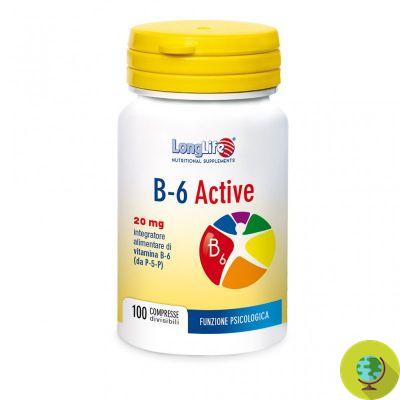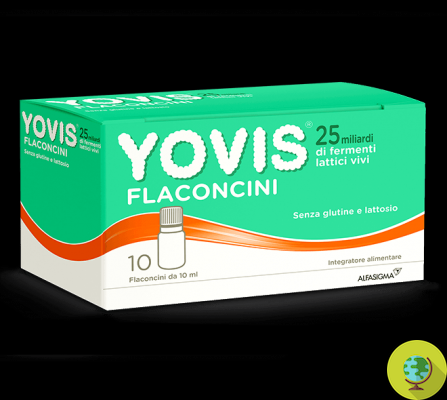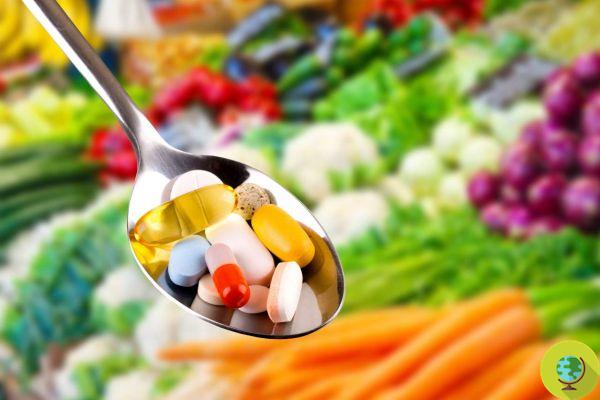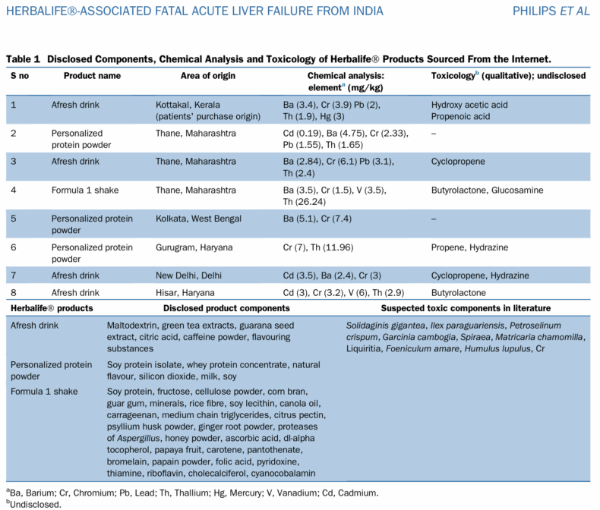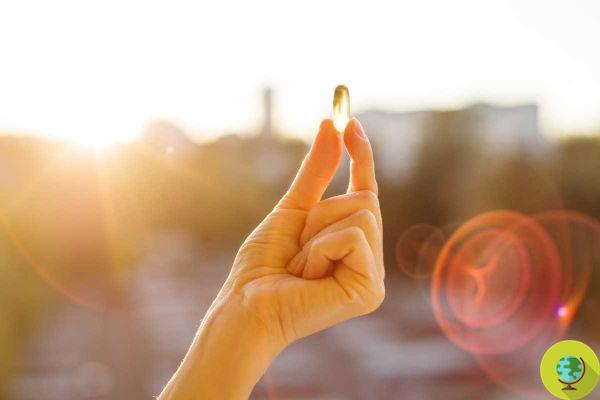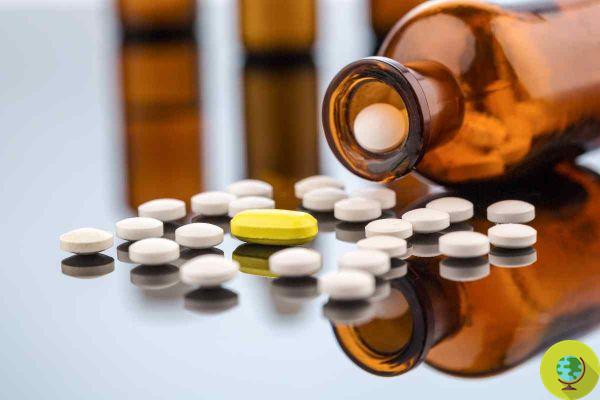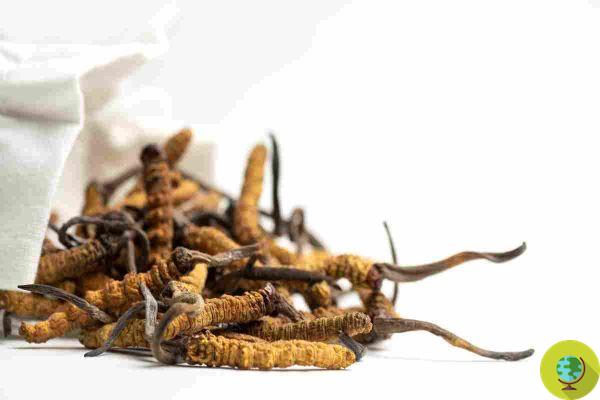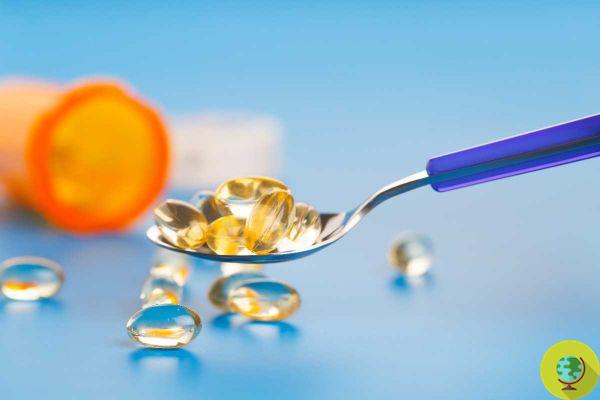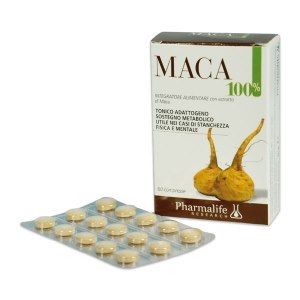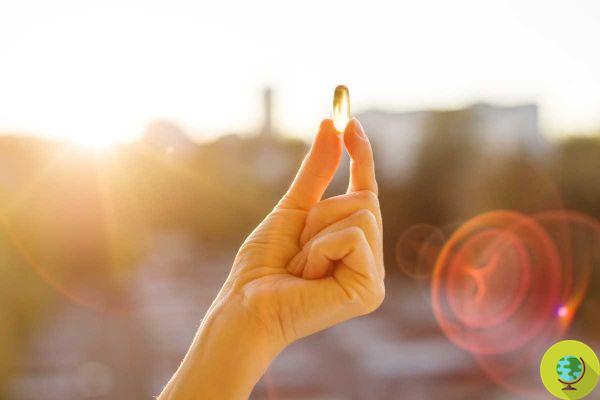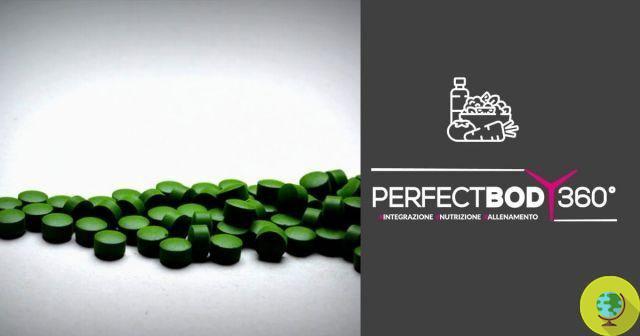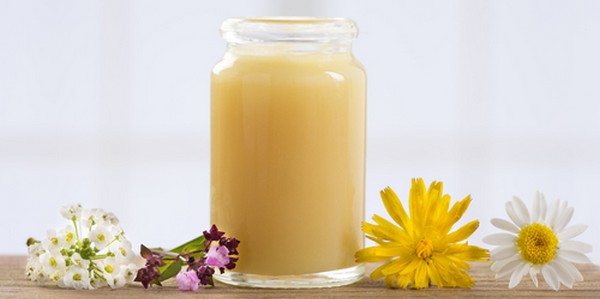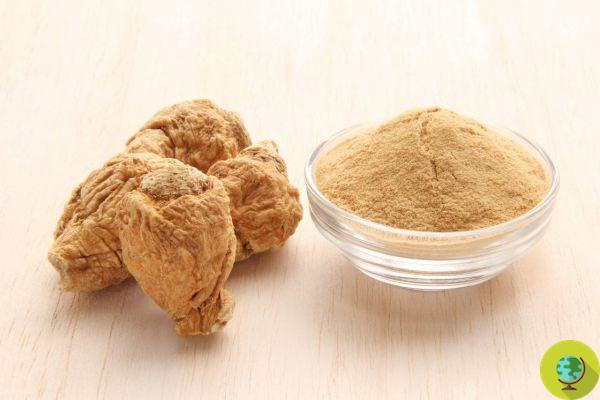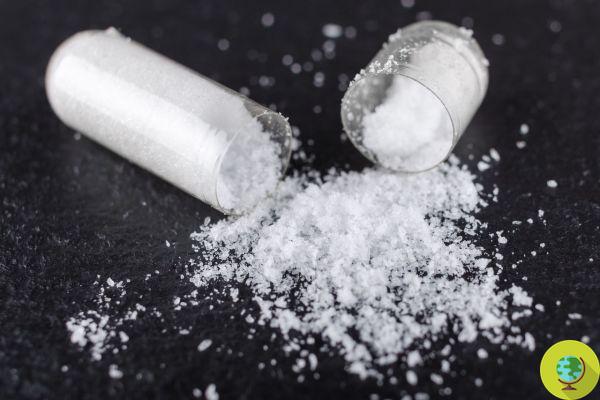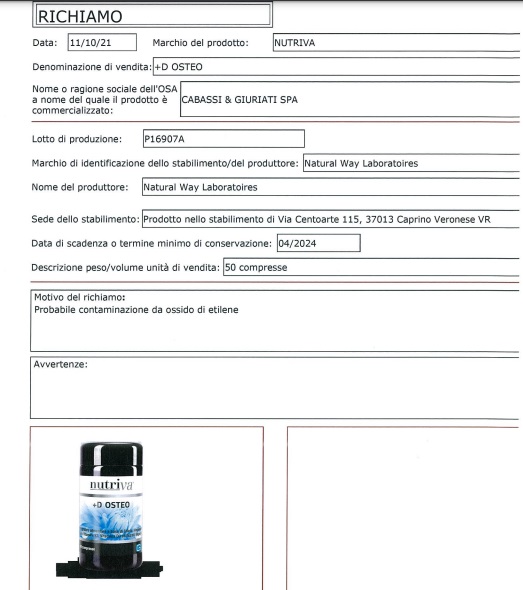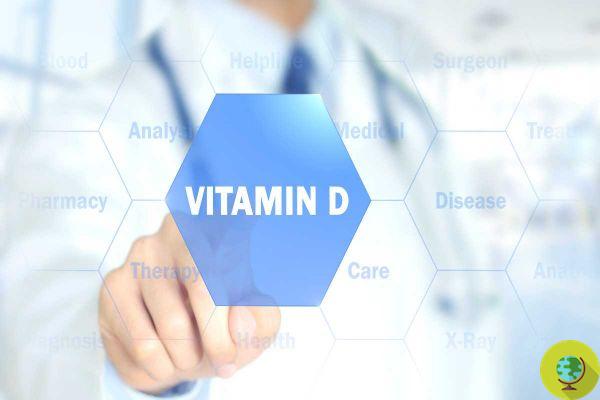To warn us of possible side effects of food supplements containing spirulina is the French Food Safety Agency. Here's why.
Rich in iron, a friend of the immune system, a precious source of vitamins:spirulina algae it has these and a thousand other properties and, if consumed in the right doses, it is an extremely valid supplement in many stages of life. But what if you take it in high amounts?
To warn us about possible side effects of food supplements containing spirulina is the French Food Safety Agency (Anses) which in a report published at the end of last November focused attention on risk of allergies and contamination.
In particular, the Agency points out that products containing spirulina can be contaminated from cyanotoxins, bacteria or trace metals (lead, mercury, arsenic). In addition to the risk of contamination, spirulina does not appear to pose a health risk at low doses. However, the Agency advises against the consumption of these dietary supplements for people with phenylketonuria (a rare genetic disease associated with the build-up of phenylalanine in the body) or allergy sufferers. Finally, the Agency points out that spirulina is not a reliable source of vitamin B12 for those who are vegans.
What is spirulina
Spirulina is not really a "seaweed", but a cyanobacterium of the genus Arthrospira. Used for the preparation of natural supplements with a purifying and detoxifying effect, it is particularly rich in nutrients that are easily assimilated by our body.
But spirulina is considered a real one super-food, because, in addition to proteins, it also contains essential amino acids, mineral salts such as iron, calcium, magnesium, potassium and selenium, vitamins B, A, C and E and mono and polyunsaturated essential fatty acids, with a prevalence of omega-6 and high amount of gamma linolenic acid.
These are nutrients that, if well balanced, keep blood cholesterol levels at bay, participate in the formation of the myelin sheaths that line the nerves and optimize the function of the immune system.
In view of the available studies, spirulina does not appear to present health risks at low doses (up to several grams per day in adults). However, products containing spirulina can be contaminated with cyanotoxins (microcystins in particular), bacteria or trace elements (lead, mercury, arsenic).
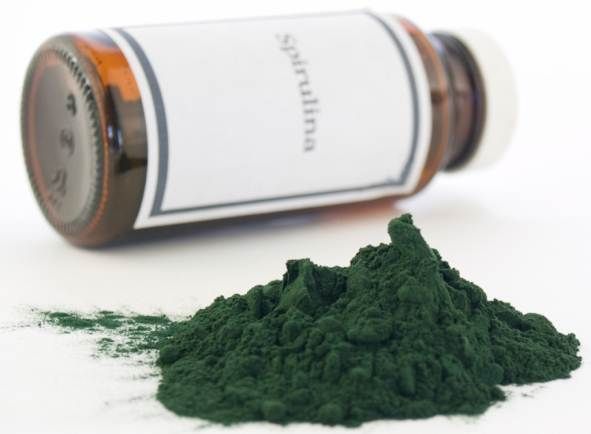
Anses' recommendations
Given the risk of contamination of spirulina by cyanotoxins, bacteria or trace metals, the French Food Safety Agency recommends consumers of food supplements containing spirulina to prefer controlled power circuits and avoid unverified internet purchases.
In its report, Anses stresses the possibility that spirulina contains elements which, if absorbed during growth if grown in non-optimal conditions, the report reads, can induce allergies. Those who are already predisposed, as well as individuals with phenylketonuria problems, should avoid taking it.
Finally, the Agency points out that spirulina is not a reliable source of vitamin B12 for vegans, being present in spirulina mainly as an inactive component. In addition, the consumption of 5 grams per day of spirulina (maximum amount supported by some food supplements) provides 7-8,5 mg of beta-carotene, while the daily intake limit of beta-carotene in dietary supplements has been estimated at 7. mg per day in addition to spontaneous intake.
To have more elements and express a more thoughtful judgment, the French Agency proposes to set up an international surveillance network, to clarify the various doubts.
Read also:
- Spirulina algae: properties, uses and where to find it
- Spirulina: the best supplements
Finally, Anses specifies that if spirulina is consumed at normal doses it does not present problems and concludes by recommending to always purchase it from controlled sources.
Germana Carillo




